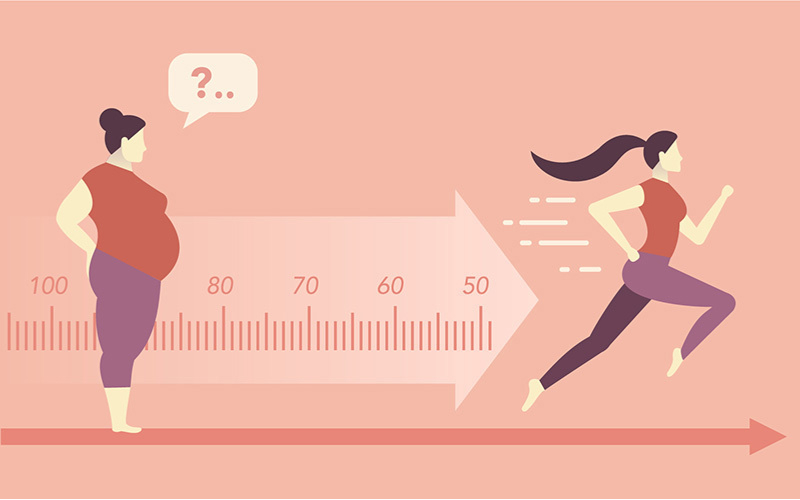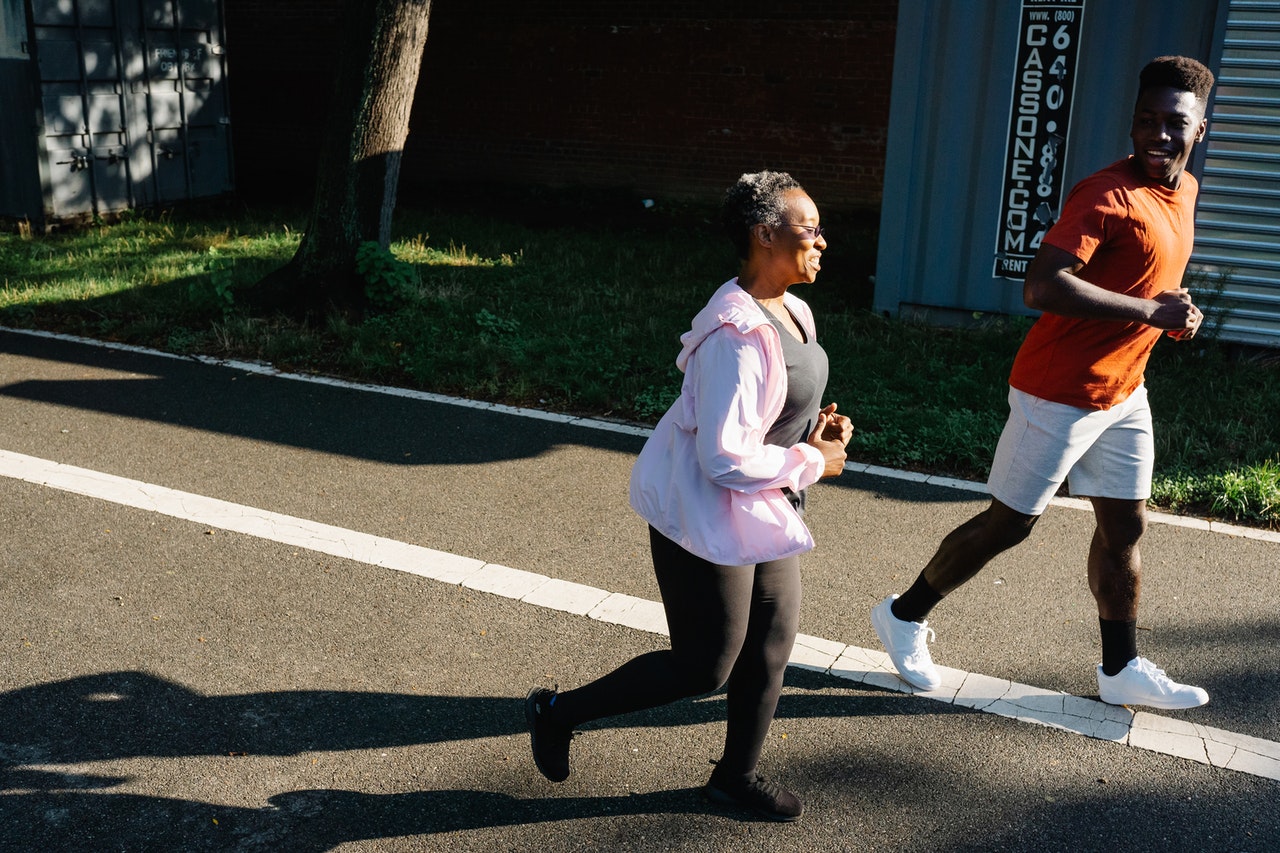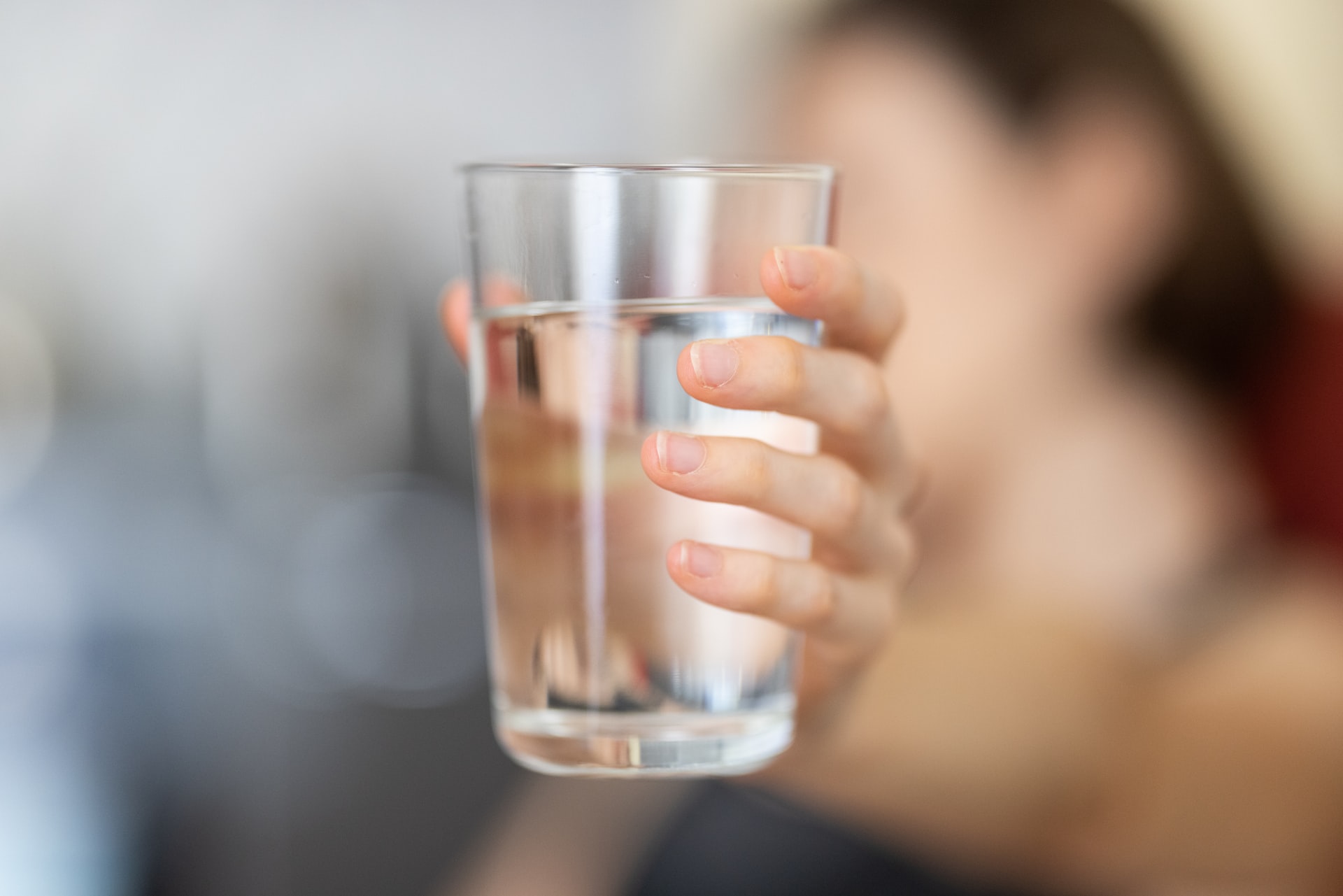How ‘Exercise Hormone’ Helps Improve Your Weight and Health


When it comes to losing weight, some women tend to struggle more than others. Couple that with all the different diets, pills, and lose-weight-quick schemes that just do not work, but are aimed right at women, and it can be a recipe for disaster. What women need to realize, especially those who are over the age of forty, is that an appropriate diet in hand with sufficient exercise is vital in losing weight. Both elements must be aligned in order to see results and keep the weight off. But with that said, it’s often easier said than done when it comes to any woman’s weight loss journey. You have to know your body, how it works, and what will give you the best results, especially for those who are premenopausal/menopausal. Luckily, a recent scientific study has come to show us that an exercise hormone, known as irisin, may be a key to losing weight and keeping it off.
What is Irisin?
When it comes to losing weight, many of us know that including some form of exercise is very important. However, with the recent scientific discovery of an exercise hormone called irisin, exercise seems to play an even more vital role in losing weight than previously understood. This exercise hormone (also known as FNDC5) is released into the body when performing physical activity. The reason it plays such an important part in the weight loss journey is because it assists the body in shedding fat, and more importantly, it keeps fat from forming at all. (1)
This hormone was first discovered in animals, but with a bit of research it was found in humans as well. Irisin is secreted from muscles as a response to exercise, and seems to have beneficial effects in humans, such as weight loss and thermoregulation. However, throughout all the studies that have been done, there is a crucial element that seems to be commonly forgotten: women and how their hormones impact their weight loss. (2)
Women, Hormones, and Estrogen Dominance
We all know that hormones play an important role in our bodies, but with women (especially those that are premenopausal or menopausal) when this hormonal imbalance occurs, it plays a huge role in their ability to lose weight. As women age, their progesterone levels tend to decrease, often leading to estrogen dominance. A common symptom of this is weight gain, more fat to be stored around the stomach area. This dramatic decline of progesterone, which is a steroid hormone that prepares the body for potential pregnancy, can lead your body into confusion. (3)
Although leading up to menopause a woman’s progesterone levels decrease and estrogen becomes the dominant hormone, in menopausal women, the body stops producing enough estrogen. This sends the body into panic mode and it begins to store all the fat cells it can so it will have enough estrogen. This cycle leads to more weight gain and becomes a tug-of-war between gaining and losing weight. Nevertheless, a balanced diet in hand with a proper exercise routine and the magic of consistency, can work to promote the “exercise hormone”, improving weight and overall health.
Women And A Balanced Lifestyle
We know that exercise is a proven strategy if one is seeking to lose weight or improve general health. But it’s important to remember that a balanced diet is a key component. If you are eating a lot of food that causes inflammation, that will unfortunately work against all of the effort you put into working out. Begin by cutting down on sugar, processed foods, and trans fats. Give your body the fuel it needs with a lot of fruits, vegetables, whole grains, lean protein and healthy fats. This will not only provide you with the energy you need to exercise, it will also make that exercised more effective. (1)
Tips To Start Losing Weight Today
At this point, you may start asking yourself “Where do I start and what is the best exercise routine to produce irisin? I want my exercise hormone!” Here are some helpful tips:
- Aerobic activity. Aerobic activity can help you shed excess pounds and maintain a healthy weight. Try brisk walking, jogging, biking, swimming or water aerobics. If you’re a beginner, start with 10 minutes a day and gradually increase the intensity and duration.
- Strength training. Regular strength training can help you reduce body fat, strengthen your muscles and burn calories more efficiently. Try weight machines, hand-held weights or resistance tubing. Choose a weight or resistance level heavy enough to tire your muscles after about 12 repetitions. Gradually increase the weight or resistance level as you get stronger.
- Stretching. Stretching can help improve flexibility. Set aside time to stretch after each workout, when your muscles are warm and receptive to stretching.
- Stability and balance. Balance exercises improve stability and can help prevent falls. Try simple exercises, such as standing on one leg while brushing your teeth. Activities such as tai chi also can be helpful. (5)
Remember to set realistic goals for yourself in order to stay motivated. Consistency is crucial when it comes to losing weight.
Hormone fluctuations may make it difficult to lose weight for women, especially those who are in moving toward or in the process of menopause. Nevertheless, there are ways to achieve your goals. Remember that irisin levels increase after a solid workout. They bind to certain aspects of the adipose tissue, which can ultimately lead to weight loss. Finding the right balance for your body through diet, exercise and most importantly your hormones, is the key to losing weight and keeping it off for good. (4)
The Happiness Hormone Method
If you would like to join a specially designed program for women who 1) have hormonal issues and 2) are finding it difficult to lose weight and keep it off, check out “The Happiness Hormone Method”. Join our program to begin your weight loss journey today!
Sources:
- https://www.healthy-holistic-living.com/exercise-hormone-helps-improve-weight-health/
- https://www.sciencedirect.com/topics/neuroscience/irisin
- https://www.mariongluckclinic.com/blog/causes-of-weight-gain-during-menopause.html
- https://www.ncbi.nlm.nih.gov/pmc/articles/PMC6466922/
- https://www.mayoclinic.org/healthy-lifestyle/womens-health/in-depth/fitness-tips-for-menopause/art-20044602
- https://rhythmichealth.com/o/hhm-wsl/









